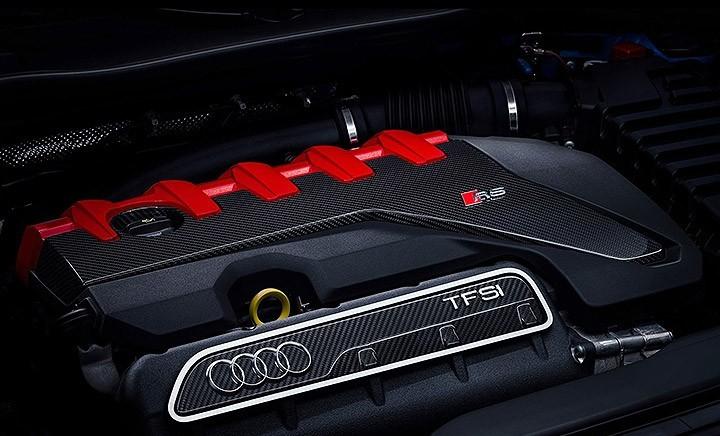The European Union announced in July 2021 that it plans to discontinue the sale of all vehicles equipped with internal combustion engines in 2035, including hybrid gasoline-electric and PHEV plug-in gasoline-electric hybrid systems, urging European countries and car manufacturers to accelerate the electrification transition. However, Germany, one of the major countries in the automobile industry, has recently issued different opinions, and the Minister of Transport Volker Wissing has clearly expressed the hope that internal combustion locomotives can still be sold after 2035.

Although this opinion is not a public declaration on a formal occasion, it still carries considerable weight when it was spoken by the German transport minister and other European heads at an informal meeting held on the outskirts of Paris. Wissing said Germany wants to allow the sale of internal combustion engines after 2035, provided they use synthetic fuels rather than fossil fuels. In recent years, more and more automakers are interested in developing synthetic fuels, which has the advantage of being able to directly apply to traditional internal combustion engines without modification and achieving carbon reduction.
Wissing believes that in the future, human beings should not rely solely on electric vehicles or hydrogen-powered systems, but should remain technologically neutral, that is, provide more goals to meet the needs of carbon reduction. One of the key reasons is that so far, the growth rate of electric vehicles has still not reached the threshold of banning the sale of fuel vehicles in 2035, so the availability of electric vehicles must be re-examined.
Audi announced earlier that its V6 diesel engines can now operate on renewable fuels, significantly reducing CO2 emissions by 70 to 95 percent. Coincidentally, Italy's Minister of Ecological Transformation, Roberto Cingolani, recently stated that the future of the automotive industry cannot be only electric vehicles. It may also be possible to invest resources in more advanced petro-electric technologies and even limit vehicle performance to meet carbon reduction goals. And Italy only discussed with the European Commission last September, hoping for an opportunity to get the Italian supercar brand to obtain an exemption from the sale of internal combustion engines in 2035.
Although the EU is moving toward a total ban on the sale of internal combustion engines by 2035, it is still in the proposal stage and there is still a long way to go before member states agree. But with the opposition of eu car power members, the plan to ban the sale of internal combustion engines in 2035 may have variables.